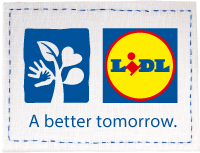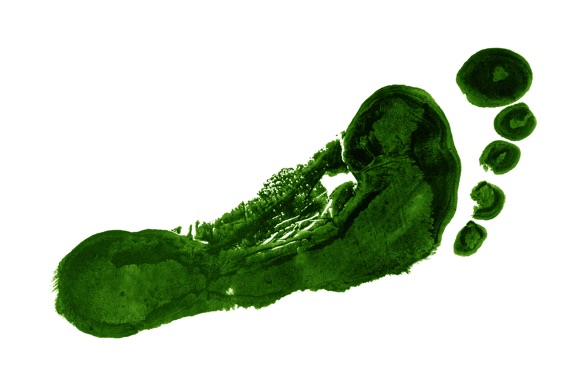
 Carbon Reduction
Carbon Reduction
PROTECTING THE CLIMATE – TOGETHER ON THE WAY TO NET-ZERO!
As part of our ‘A Better Tomorrow’ sustainability strategy, Lidl is committed to net-zero by 2050, which means that we will reduce our greenhouse gas emissions as close to zero as possible by 2050 and offset unavoidable emissions. We have made a commitment to reduce carbon emissions by 46 per cent on operational emissions by 2030 which aligns with the Paris Agreement’s global 1.5-degree decarbonisation plan.
We are committed to driving our targets through internal activities as well as initiatives that support our network of suppliers and customers. We have committed our largest suppliers, who are responsible for 75 percent of product-related Scope 3 emissions, to reduction targets in accordance with the criteria of the Science Based Targets Initiative (SBTi) by the end of 2026. Lidl also supports and enables its suppliers to achieve the targets through appropriate measures such as training and the Supplier Engagement Programme and the rollout of solar panels, will cement our position as Ireland’s most sustainable retailer.
The SBTi is a global initiative that supports companies in setting science-based targets to reduce greenhouse gas emissions in line with the latest climate science.
Our Commitment in Figures
0 %
Reduced operational emissions (Scope 1 & 2) by 2030 across all countries*.
* compared to 2019
By 0
We are committed to reducing our Scope 3 emissions in agriculture and forestry as well as emissions from land use change by 42,4 percent. Over the same period, we aim to reduce emissions in the energy and industry sector by 35%* .
*compared to 2022
0 %
Of our operational CO2 emissions globally have already been saved*.
* compared to 2019
0 %
Renewable energies: Lidl has been using only green electricity in its stores, logistics centers and office buildings since 2019 in Ireland*.
*Excluding supply contracts that Lidl cannot influence (e.g. for individual rental properties with electricity supply commitments);
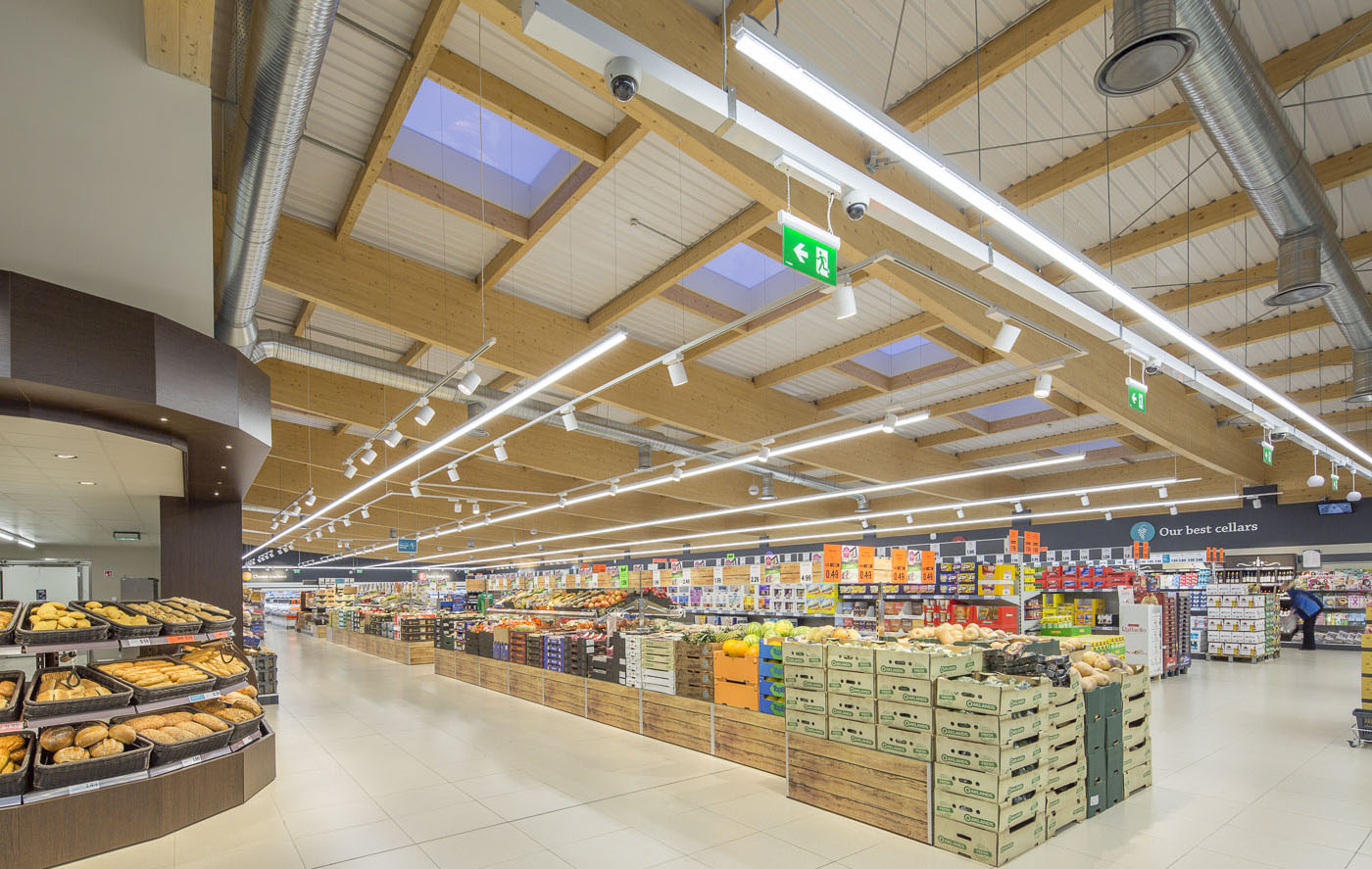
 Energy Efficiency
Energy Efficiency
At Lidl , we aim to decrease our climate impact by continuously improving our resource efficiency, particularly in the area of energy usage, over the last year we have developed our energy management strategies, innovated in our stores and planned for the future.
Some of our initiatives and achievements are detailed below:
- Our Energy Management System is certified to ISO 50001 standard across all of our operations; stores, distribution centres and head office. The certification ensures we continually improve the energy performance of our buildings, optimise their use and reduce their operating costs.
- Since March 2018, we converted to using only renewable electricity, reducing our carbon footprint significantly.
- In 2018, we retrofitted lighting in 104 stores and two distribution centres to LED lighting which cut our energy consumption by 63.4% in this area.
- We are adding solar panels to all suitable new stores and major refurbishment projects and will have 11 stores with Solar by the end of 2019.
- E-car fast-charging docks are being added to stores, 22 stores already have free customer chargers.
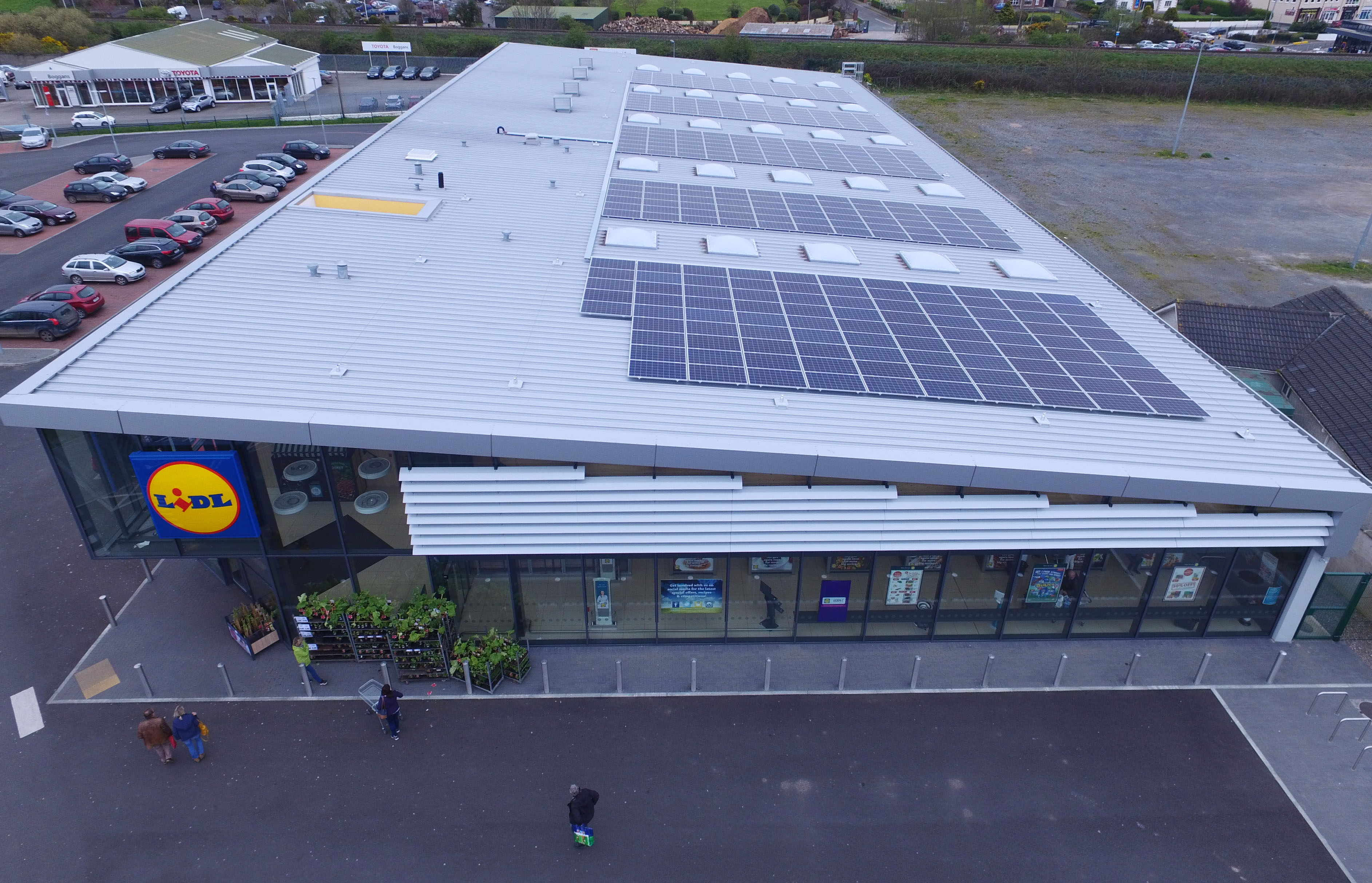
 Renewable Energy Programme
Renewable Energy Programme
In 2018, we won the award for “Energy Project of the Year” at the Sustainable Energy Authority of Ireland (SEAI) Energy Awards, for our Renewable Energy Programme. The SEAI is Ireland’s national sustainable energy authority and the awards recognise excellence in all aspects of energy efficiency and renewable energy.
Solar Energy
We use solar energy in a number of our properties and in 2018 committed to adding solar PV systems to all suitable new stores and refurbishments. By the end of 2019 we will have 11 stores with solar panels equipped. Our solar panels on our Newbridge distribution facility will be the largest in the county and reduce the premises carbon output by 473 tonnes annually, the electricity usage equivalent to that of 240 homes.
Sourcing Green Electricity
Since March 2018, Lidl Ireland and Northern Ireland converted to using only renewable electricity, reducing our carbon footprint significantly. We have committed to only sourcing renewable electricity in the future.
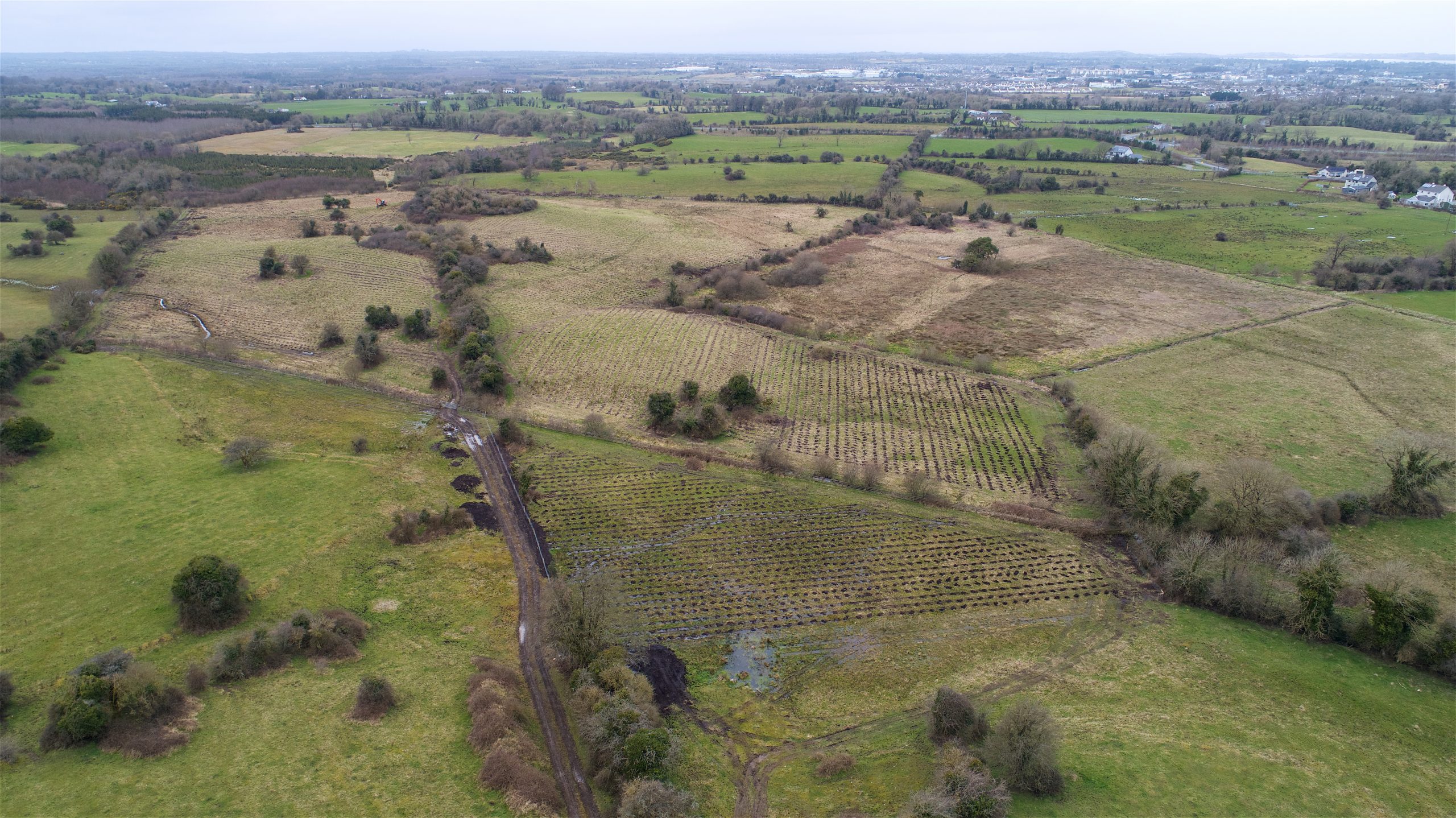
 Biodiversity
Biodiversity
We have been busy bees looking at ways to further support biodiversity as part of our sustainability strategy from green roofs, wild flower meadow at our Newbridge Distribution centre, an ever-expanding pollinator friendly plant range to new native woodlands (pictured). With one third of our bee species threatened with extinction from Ireland, we have signed up to the All-Ireland Pollinator Plan to work collaboratively to change this trend. Declining pollinators such as bees and butterflies are considered an essential part of the team at Lidl Ireland in producing food, as they transfer pollen, aiding in the fertilization of plants and flowers, producing seeds, ensuring a new generation of greenery is produced every day.
Learn more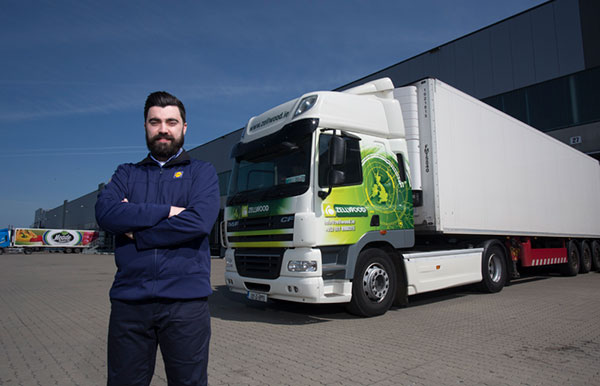
 Transport
Transport
At Lidl, we pride ourselves on offering freshness and availability to our customers at all times. We run a just-in-time operating model that keeps store warehouses small and reduces the stock carried by the entire organisation. Our delivery structure enables us to guarantee the best possible freshness, even of perishable items, as well as allowing us to organise transportation in the most efficient, and as such, environmentally friendly way.
While EV Stations is an investment by Lidl, we know that with more and more customers shopping with us every week, the expansion of the network of public charge points will make electric vehicles more attractive to customers. We want to ensure we are encouraging and supporting the wider public to address the major challenges of improving air quality and curbing the use of fossil fuels.
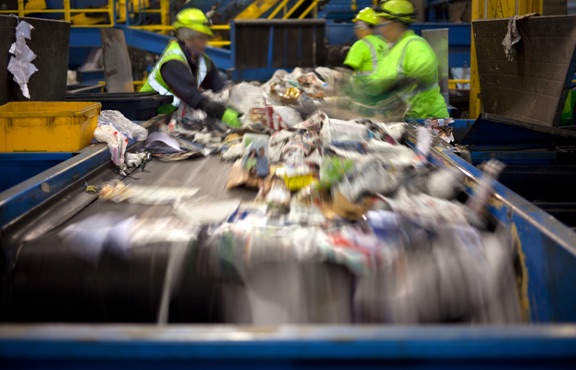

 Recycling & Waste Management
Recycling & Waste Management
At Lidl, we are committed to developing innovative ways to effectively manage our waste streams to ensure that we reduce our packaging requirements, recycle more and redistribute surplus food to charity. We work closely with packaging and waste experts to ensure we are as efficient as possible.
We are proud to boast an award-winning recycling and waste management programme. Our in-store and warehouse waste management concept is integral to our Zero Waste Commitment. Thanks to the hard work and commitment of our logistics and procurement teams and all our store and warehouse employees, we achieved Zero Waste to Landfill and we are working hard to maintain this. Much of our waste is cardboard, which is reused for paper and packaging. Segregation is key to the programme’s success by increasing our recycling streams and reducing our environmental impact.
Recycling Stations: We offer recycling bins behind our tills in stores for customers to dispose of unwanted excess packaging. We then recycle the material on their behalf.
Learn more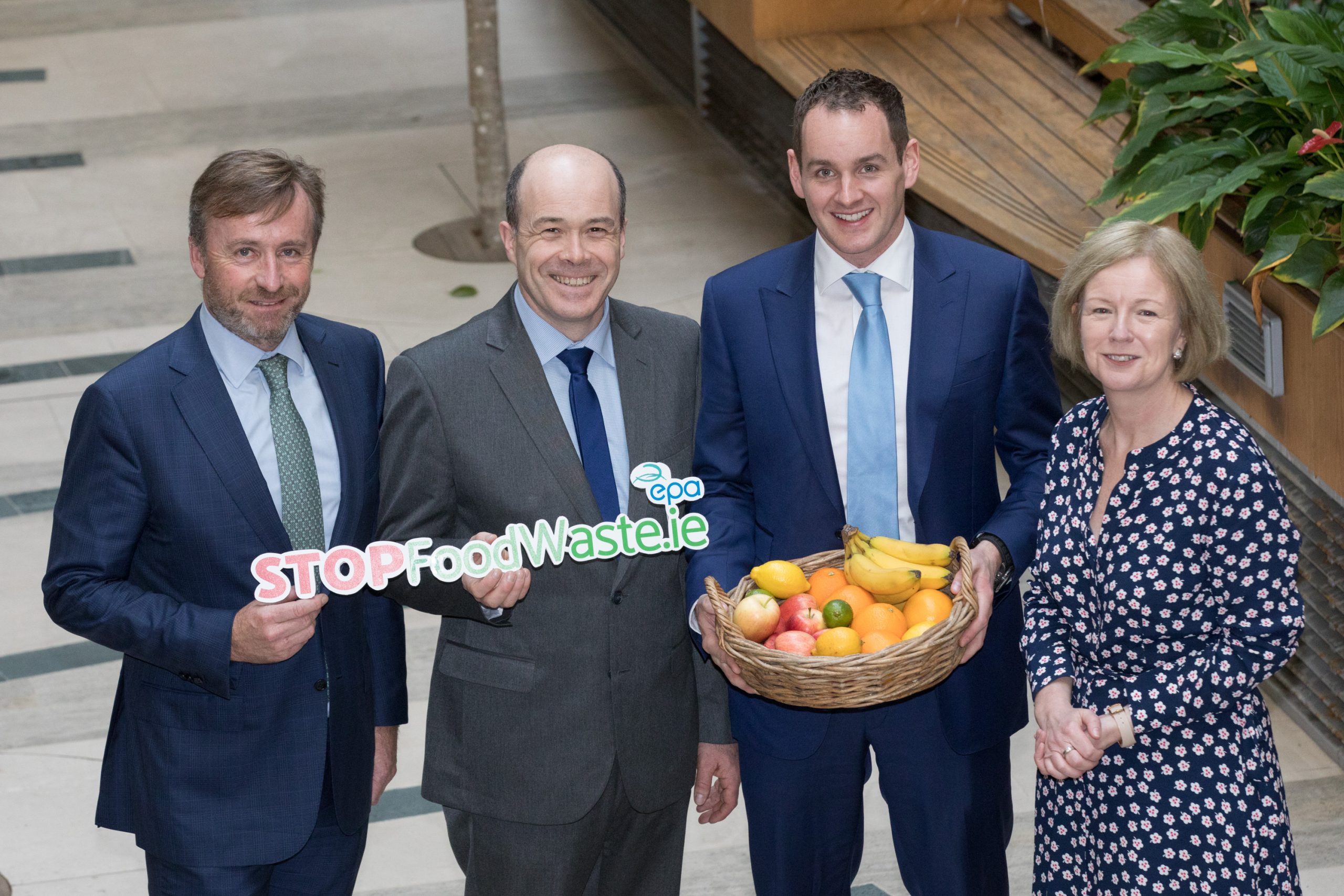
 Food Waste
Food Waste
Lidl holds resource efficiency as a key differentiator to help continue to offer the best value to our customers. We place a great emphasis on ensuring we have the greatest available offering for our customers to enjoy in store whilst also being conscious of the perishable nature of food, striking a balance between the two. We have been members of the Retail Action Group on Food Waste since it was established in 2018 and regularly collaborate and report to make progress in this area.
Some categories of food are more perishable than others and through FoodCloud, we can redistribute surplus food to charity. Also keep an eye out in store for our Waste Not section in the chiller wherein chilled products at best before dates (and perfectly safe to eat) receive a huge price reduction. For the food which can’t be redistributed to charity or sold at a lower price, we use a process called Anaerobic Digestion where the food is converted into energy.
As a food retailer, Lidl has a responsibility to take leadership for minimising food losses and effective food waste measurement systems. Find out how you can reduce food waste and save money by selecting ‘Learn more’ below.
Learn more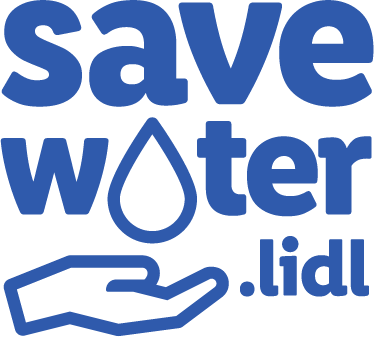
 Water
Water
For Lidl, water is not a problem for the future, it is a core topic for now. We work within our supply chain to take responsibility when it comes to water and using it more efficiently. By reducing our own water consumption and by keeping water use in mind along the entire value creation chain, we can succeed in being aware of our water footprint.
The consideration of water use is central to our everyday operations with rainwater harvesting in place in our Head Office and Newbridge Distribution Centre. One of the measures within our product offering is the introduction of the Save Water label that is intended to draw customer attention to a more sustainable use of water. Learn more by clicking the link below or download our Water Policy.
Learn more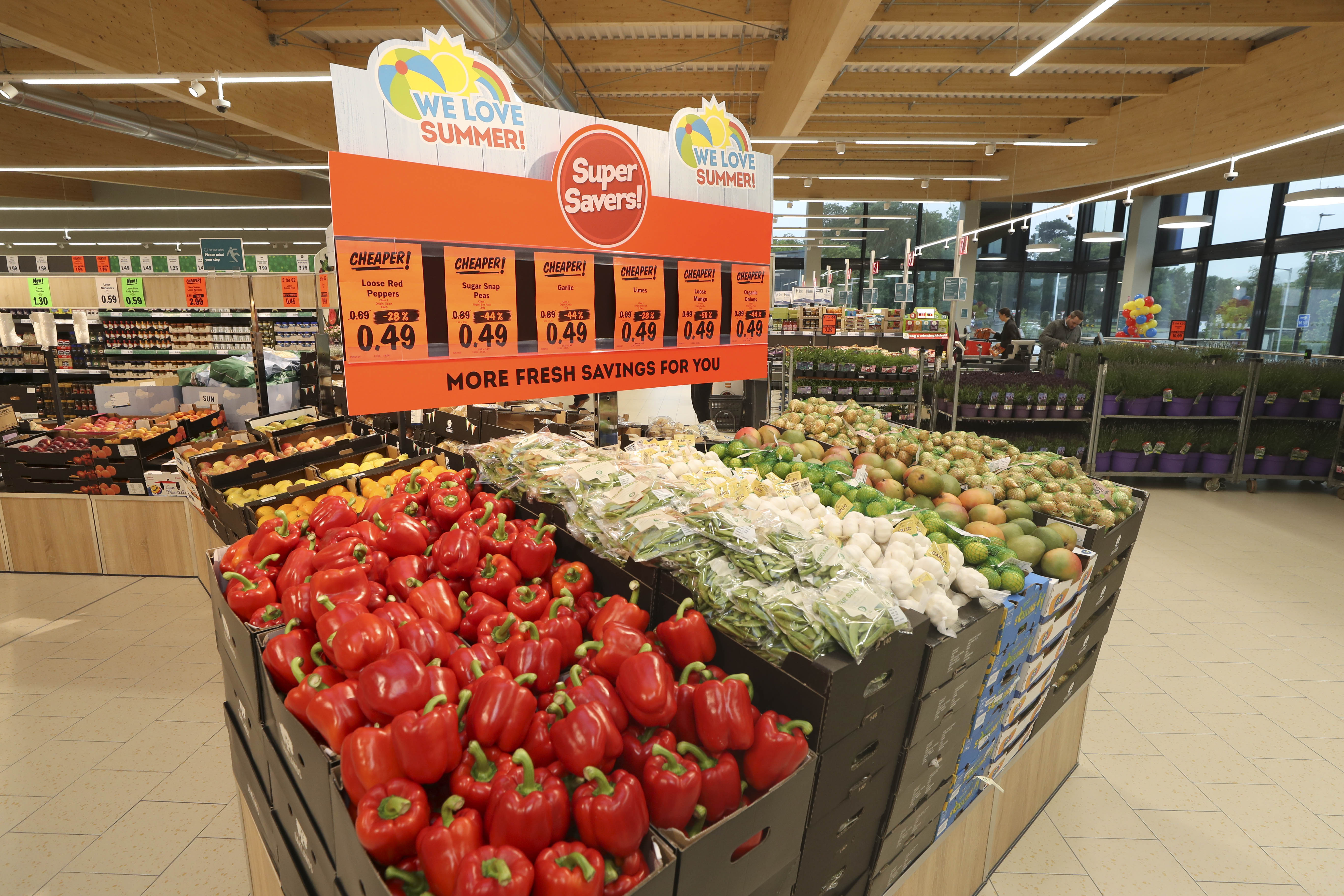
 Our Approach to Plastic
Our Approach to Plastic
Lidl is committed to reducing its environmental footprint and fully supports the need to tackle the important issue of plastic waste. However, we are very aware of the need of reducing the use of plastics in our products packaging and replacing them with more sustainable alternatives. We are also working on increasing the recyclability of the materials. For this reason, we have made ambitious packaging commitments to support the circular economy.
Lidl Ireland Packaging Commitments:
- By 2022, we will reduce the volume of plastic packaging by 20%.
- By 2025, 100% of our own-brand packaging will be widely recyclable, reusable, or renewable.
- By 2025, 50% of the materials used in our own-brand packaging will come from recycled materials.
- We stopped selling many single-use plastic items such as plastic drinking straws, disposable plastic cups, glasses, plates and cutlery, etc., and we have replaced them for biodegradable, paper or wood alternatives.
- We have banned plastic microbeads in cosmetic and household cleaning products.
Prevented Ocean Plastic:
We are the first retailer in Ireland to commit to incorporating Prevented Ocean Plastic in our own-label product ranges. Approximately 750,000 bottles will be saved from entering the ocean per year by implementing the use of Prevented Ocean Plastic within the five lines of Lidl product. The collection of those bottles will equate to a year worth of well-paid work for an average bottle collector in predominately poor coastal regions around the globe. To learn more about the implementation of Prevented Ocean Plastic, click here.
Learn more